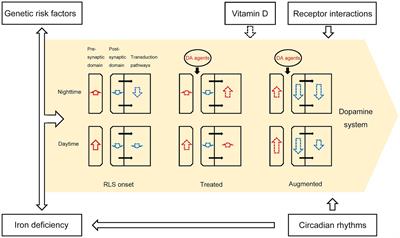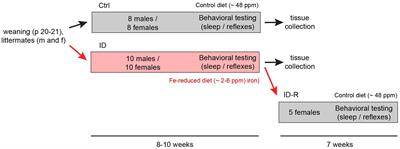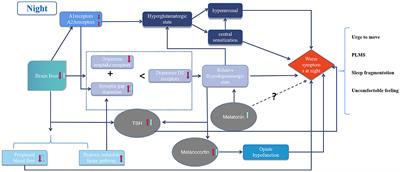EDITORIAL
Published on 08 Jan 2024
Editorial: The punctual night knocker: circadian rhythm of restless legs syndrome
doi 10.3389/fneur.2023.1358722
- 810 views
- 1 citation
4,163
Total downloads
18k
Total views and downloads
EDITORIAL
Published on 08 Jan 2024
MINI REVIEW
Published on 28 Sep 2023

ORIGINAL RESEARCH
Published on 18 May 2023

REVIEW
Published on 27 Apr 2023
MINI REVIEW
Published on 23 Feb 2023

